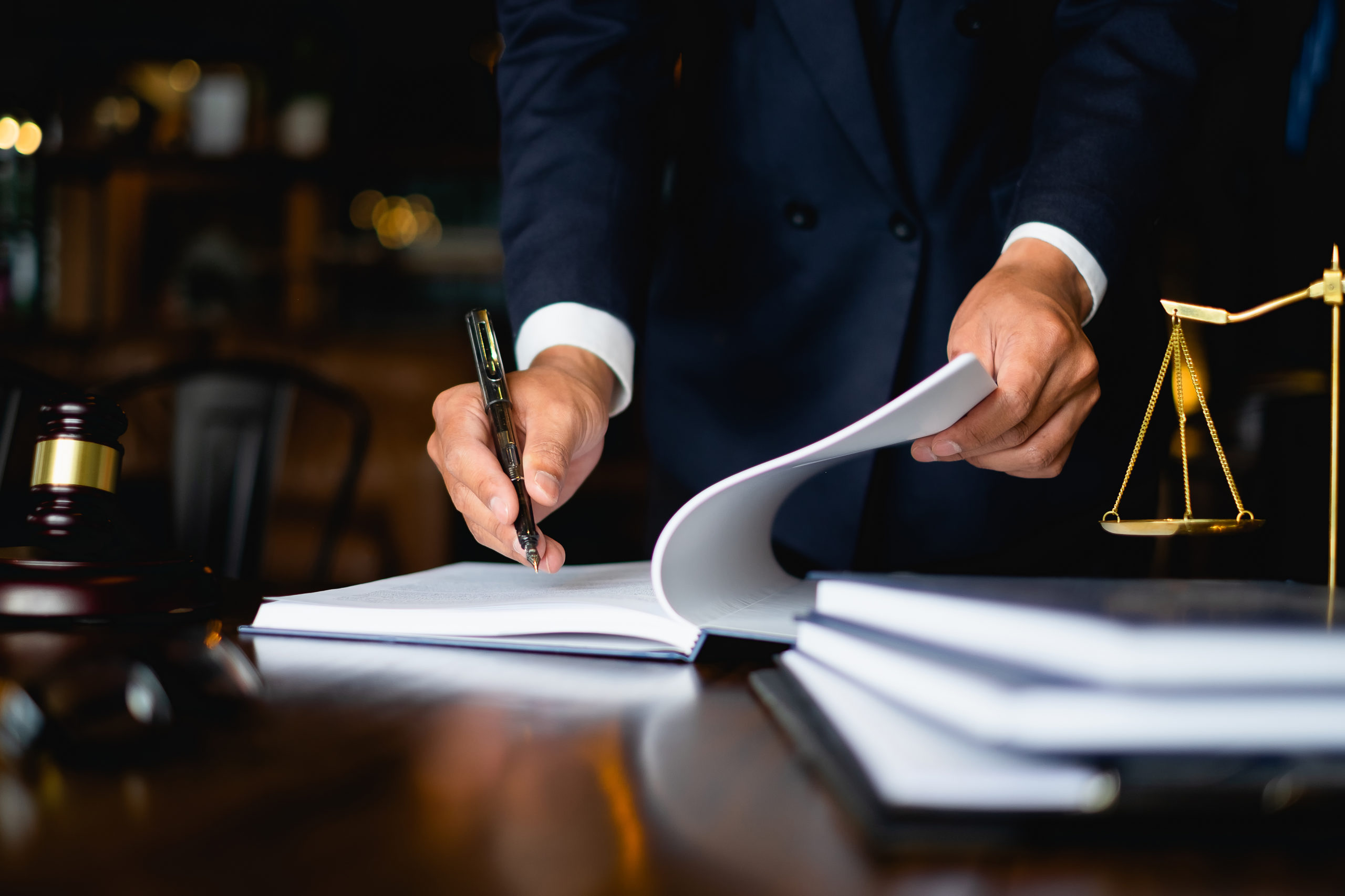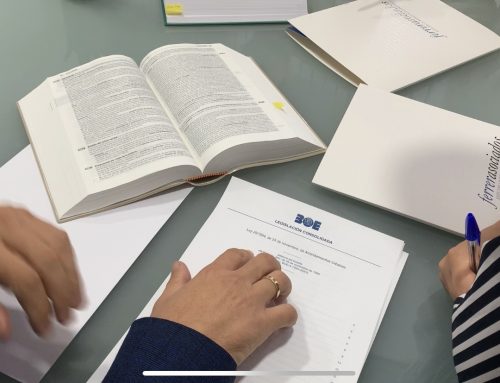0. Introduction.
A few days ago, we wrote an article that you can read here, in which we commented on the recent resolution of the General Directorate of Legal Security and Public Faith, of October 23, 2020 (BOE of November 6, 2020), in which this General Directorate resolved that any certification of the agreements taken by the Board of Directors should include the name and surname of the directors attending the board meeting.
Well, after said resolution, the notary authorizing the deed amended this deed by indicating the identification details -name and surname- of the directors who participated in the meeting of the Board of Directors, incorporating a diligence in the deed of the company agreements, but without the secretary of the board modifying the certification of the agreements.
This matter has been resolved by the General Directorate of Legal Security and Public Faith in a resolution of November 26, 2020 (BOE of December 10, 2020), which we comment below.
1. Amendment of the deed of the company agreements by the notary.
As we said, the notary authorizing the deed of the company agreements decided to incorporate into said deed a diligence in which express mention was made of the identity of the directors who had attended the meeting of the Board of Directors.
The notary acted in this way, in his opinion, protected by article 153, first paragraph of the Notarial Regulation, which states:
“Material errors, omissions and defects in form suffered in the inter-vivos notarial documents may be corrected by the authorizing Notary, his substitute or successor in the protocol, on his own initiative or at the request of the party that originated or suffered them. Only the authorizing Notary Public may correct the lack of expression in the document of his judgments of identity or capacity or of other aspects of his own activity in the authorization.”
In addition, after receiving the note of dismission of the inscription of the deed from the Companies House registrar, the notary alleged that, according to article 1 of the aforementioned Notarial Regulations, the notary is responsible for “… the accuracy of what the notary sees, hears or perceives through his senses”, so that the notary having witnessed the holding of the board meeting, stated that part of his functions was to attest to the presence of the members of the Board of Directors and their identity.
However, this thesis supported by the notary has not been accepted by the General Directorate. The resolution decrees that the diligence extended by the notary affects an extreme that must be included in the certification attached to the deed and not in a mention made by the notary in the text of the deed itself; that is, it is not the responsibility of the notary to correct the omission in the certification alone, but rather the secretary of the Board of Directors.
2. Legal arguments of the General Directorate to resolve that the notary is not competent to carry out the amendment of the certification of the agreements.
The debate under appeal is centered on the possibility of correcting, under article 153 of the Notarial Regulations, an omission in the certification of the agreements taken by the Board of Directors of a company, through a diligence extended by the notary authorizing the public deed of the agreements, the General Directorate resolves that it is not the responsibility of the notary to amend the deed, but rather to the secretary of the Board of Directors to correct the certification.
This is so because article 97 of the Companies House Regulation establishes the requirements that certifications must meet and, in this particular case, the certification incorporated into the deed incurs the omission of identifying the directors who attended the Board meeting of Directors.
According to the General Directorate, the notary is responsible for drafting the deed of the corporate agreements, including in it all the circumstances of the act that are necessary to qualify the validity of said agreements, based on the minutes book, notarial testimony of the same or certification of the agreements. Therefore, when the document that serves as the basis for the presentation to the public of the social agreements is the certification of the agreements, it is clear that the necessary mentions to qualify the correction of the decision-making process must be reflected in the certification itself, with regardless of whether the notary decides to reproduce the agreements in the body of the deed. The General Directorate has repeatedly interpreted the article 153 of the Notarial Regulation, outlining its limits and, according to its own doctrine, the notary can correct the notarial document, but the correction here necessary affects the certification attached to the deed and not a mention entrusted to the notary in the drafting of it. Thus, the secretary of the Board needs to amend the certification, and not the notary his deed.
3. Conclusion: How should the defect be amended in order to register the agreements taken by the Board of Directors in the Companies House?
The amendment of the omission of the mention of the directors attending the meeting of the Board of Directors requires a new certification of the minutes of the Board inserted in the deed itself through a diligence, or to provide said certification to the Companies House itself with the duly notarized signatures being, therefore, insufficient the correction made by the notary in the deed.







Stay in contact